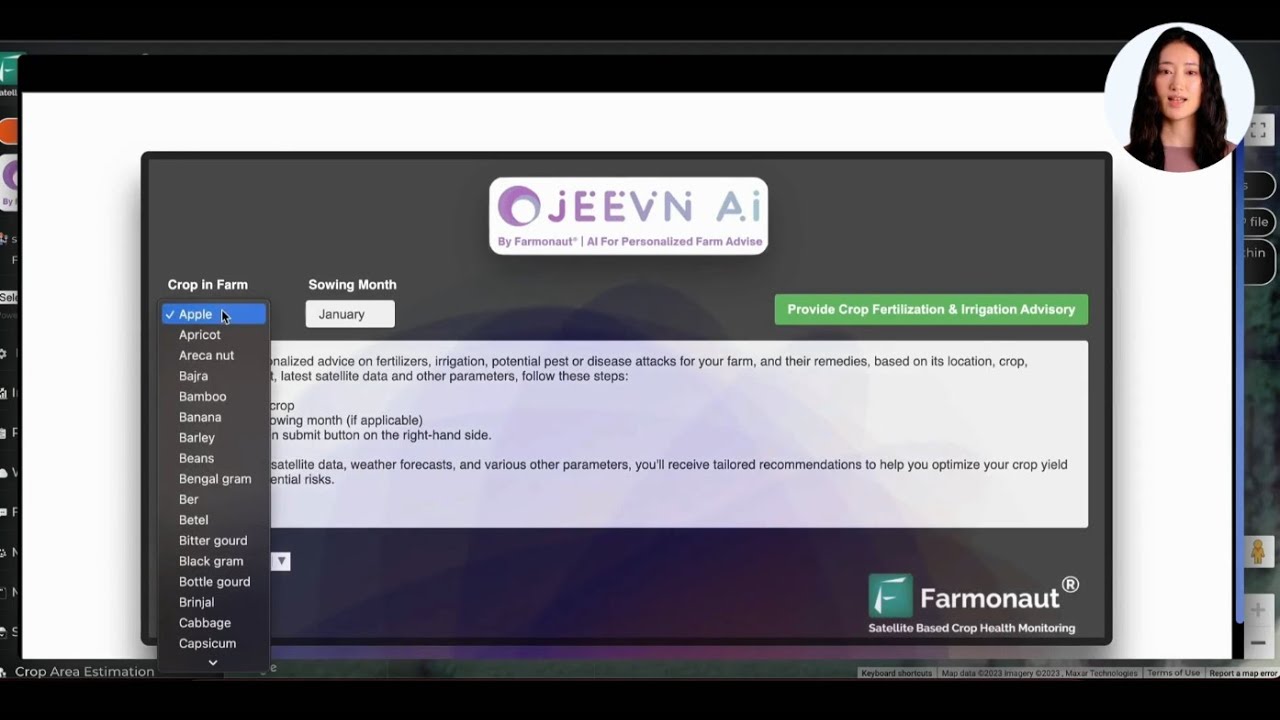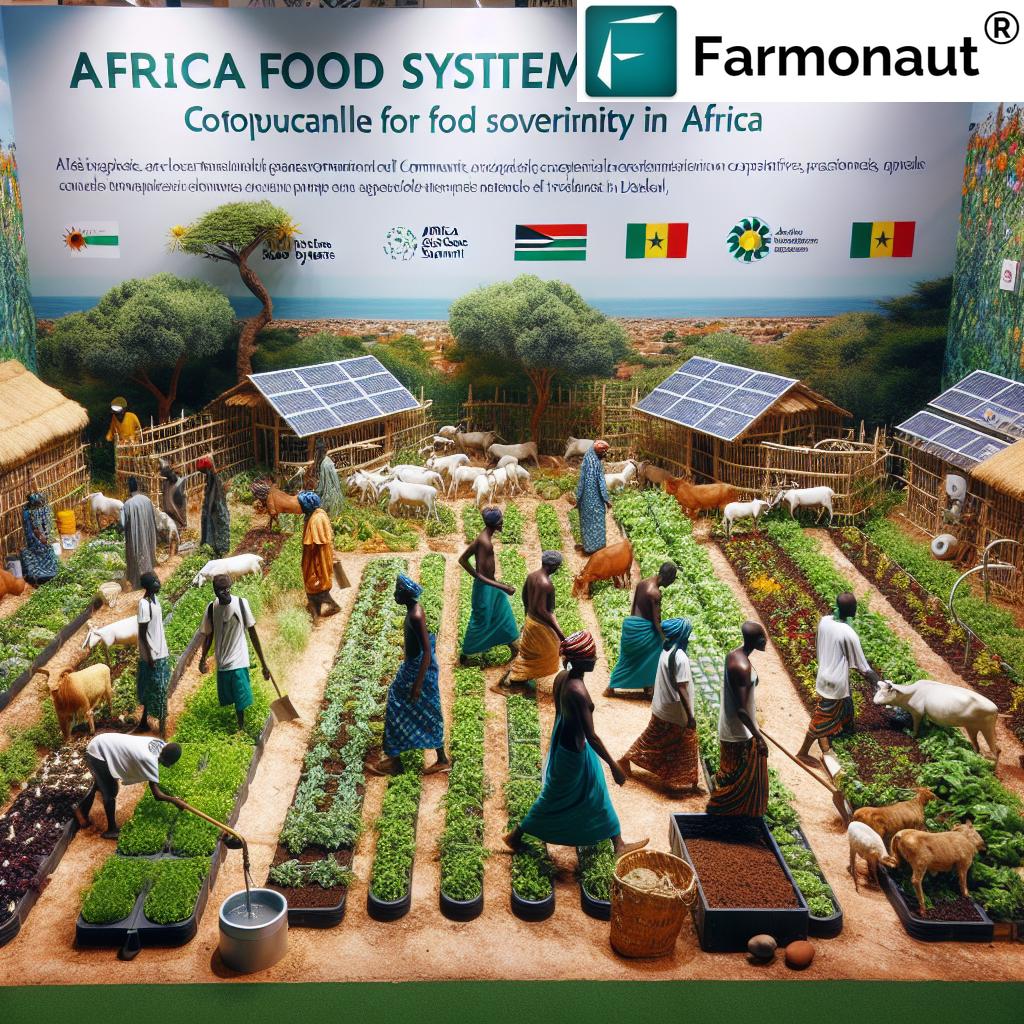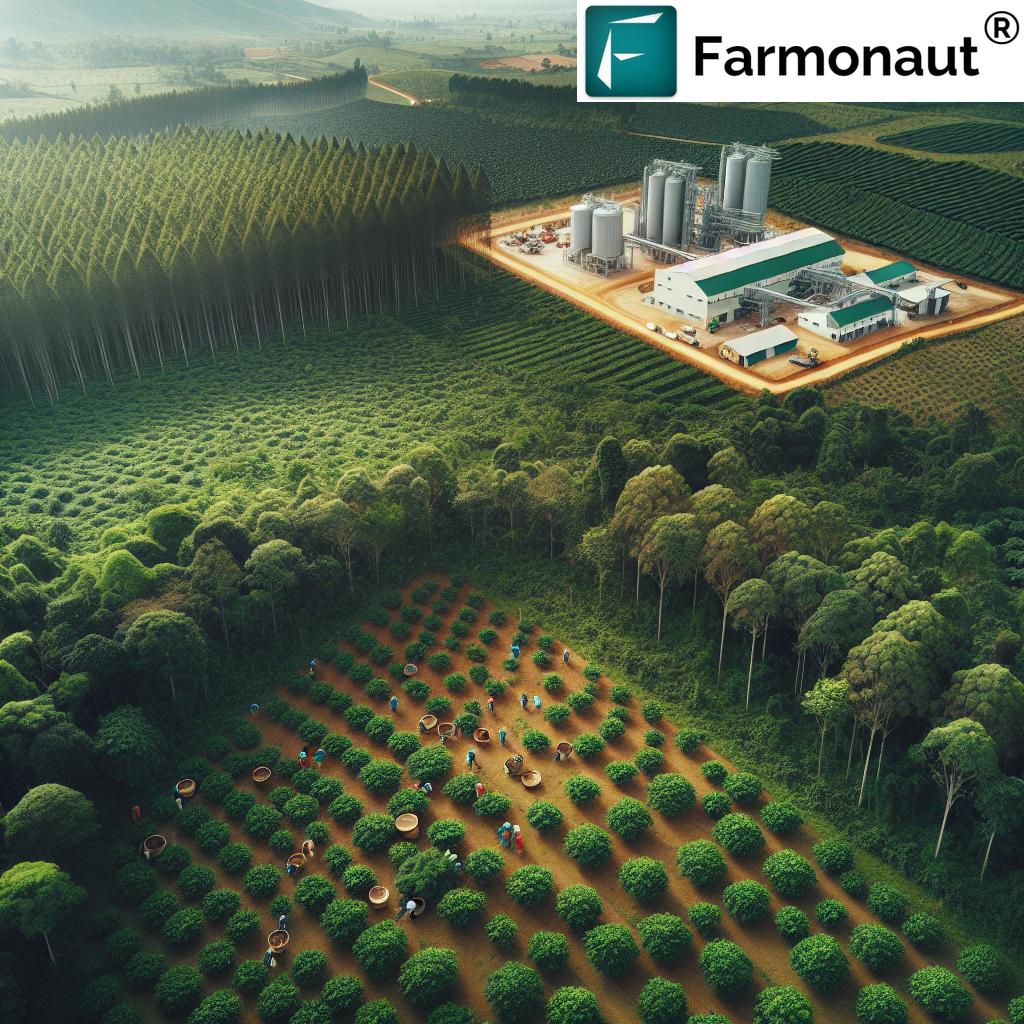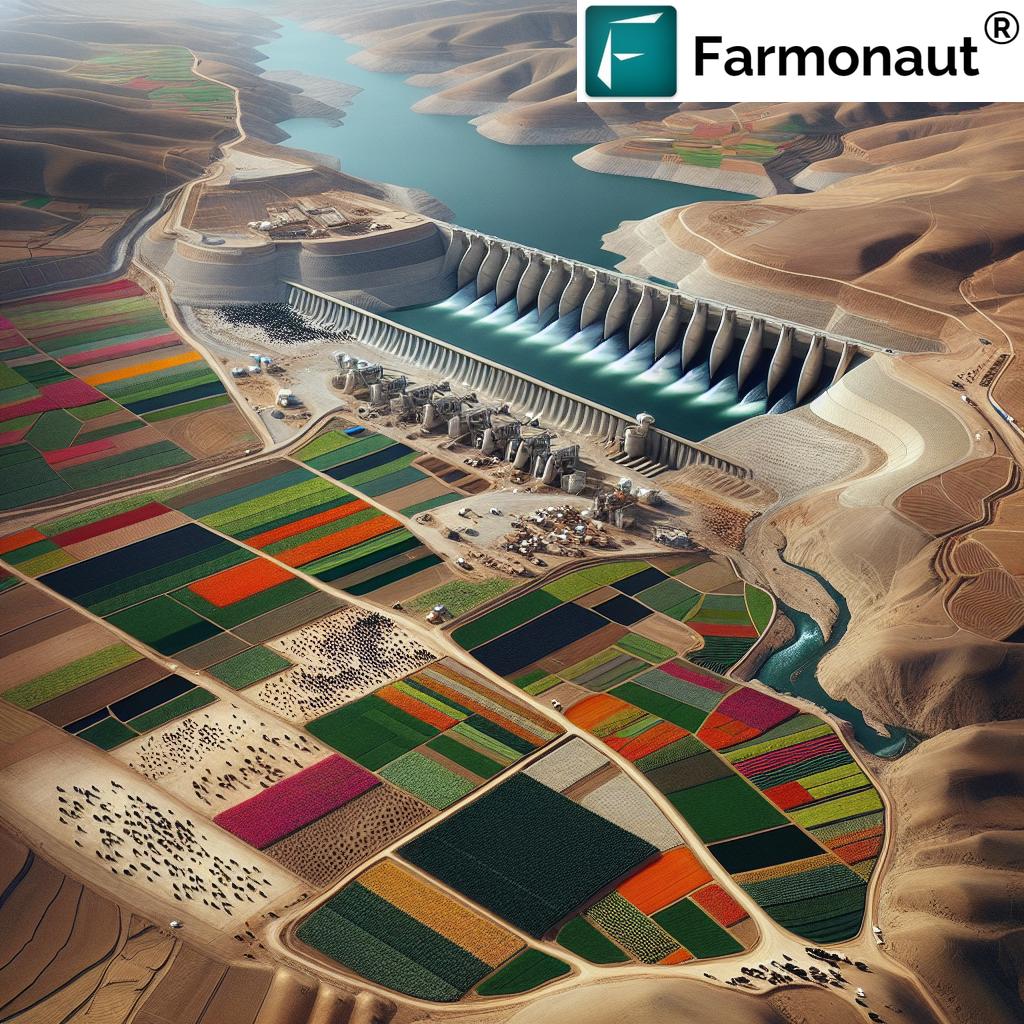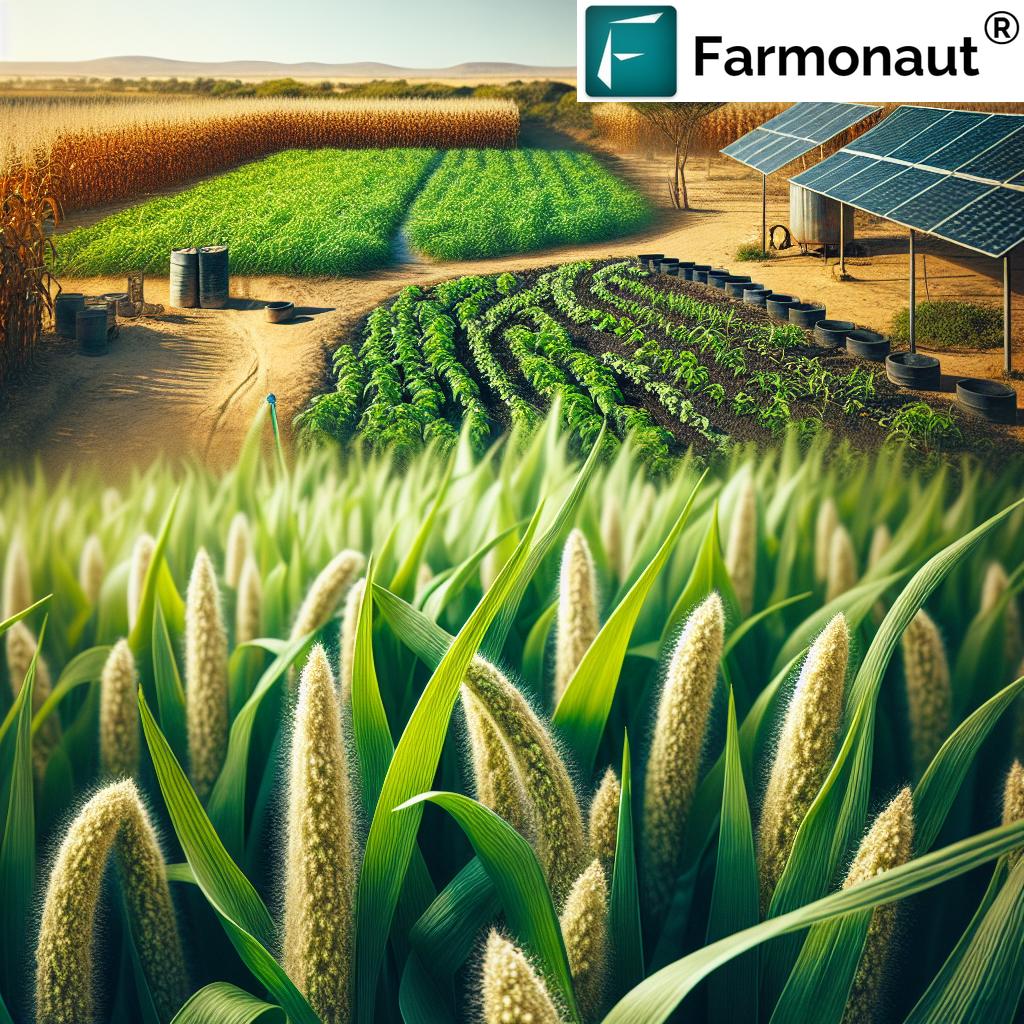Nebraska’s International Trade Missions: Advancing Agricultural Technology in the Middle East and North Africa
“Nebraska has installed over 1,200 center pivot irrigation systems in the Middle East and North Africa region.”
In the ever-evolving landscape of global agriculture, Nebraska stands as a beacon of innovation and progress. Our state’s commitment to advancing agricultural technology and fostering international trade relations has positioned us at the forefront of the industry. Today, we’re excited to delve into Nebraska’s groundbreaking international trade missions to the Middle East and North Africa (MENA) region, focusing on how our state-of-the-art technologies are revolutionizing farming practices in water-scarce areas.
The Power of Nebraska’s Agricultural Expertise
Nebraska has long been recognized as an agricultural powerhouse, and our expertise is now making waves far beyond our borders. Our upcoming trade missions to Israel and Egypt are set to showcase the pinnacle of our agricultural innovations, particularly in water technology and center pivot irrigation systems. These missions are not just about promoting our products; they’re about sharing knowledge, fostering collaboration, and addressing critical global challenges.
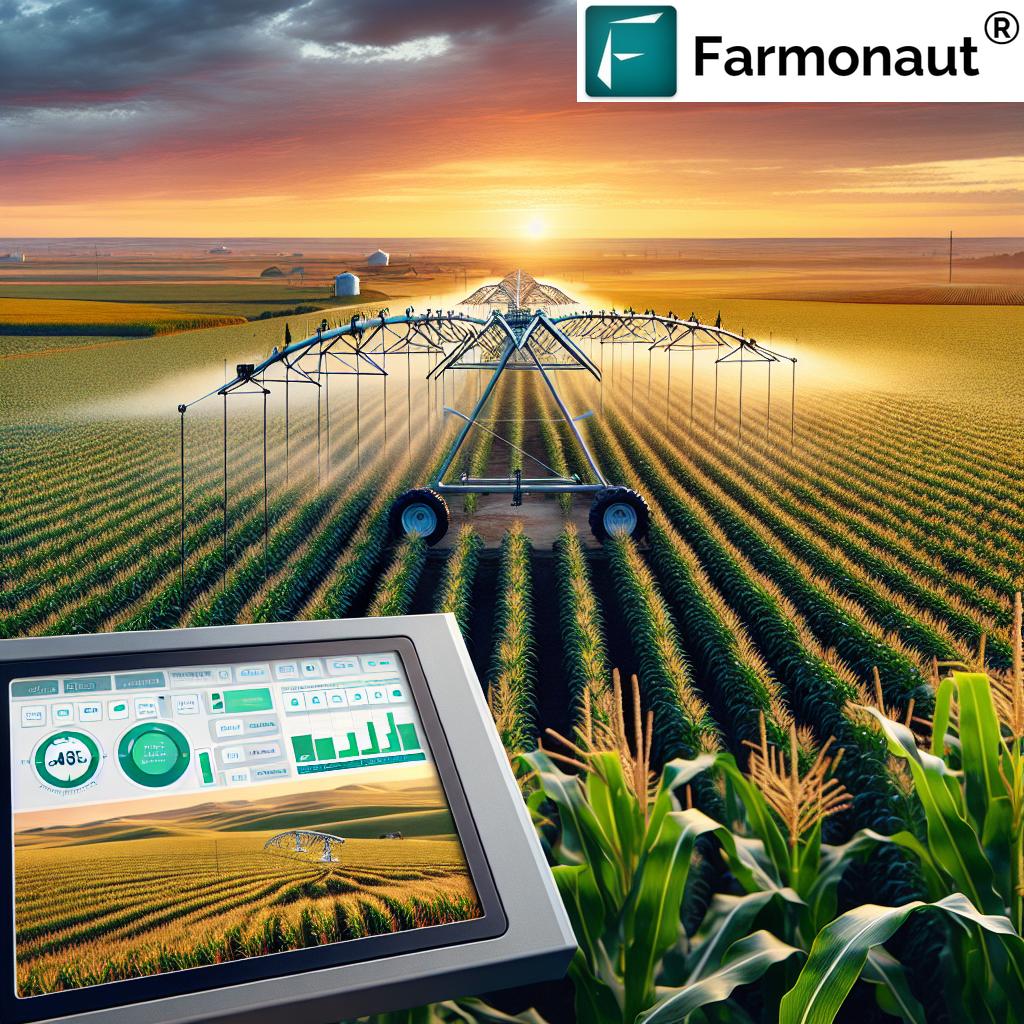
Center Pivot Irrigation: A Game-Changer in Water-Scarce Regions
At the heart of our technological offerings lies the center pivot irrigation system. This innovative approach to irrigation has gained significant traction in the MENA region, where water scarcity is a pressing concern. With over 1,200 pivots already installed in the area, Nebraska’s contribution to sustainable agriculture in these arid climates is substantial and growing.
The center pivot irrigation system offers numerous benefits:
- Water Conservation: By precisely controlling water distribution, these systems can reduce water usage by up to 50% compared to traditional irrigation methods.
- Increased Crop Yields: More efficient water use leads to healthier crops and higher yields, crucial in regions where arable land is limited.
- Adaptability: These systems can be customized to various terrains and crop types, making them versatile solutions for diverse agricultural needs.
- Remote Management: Modern pivots can be controlled remotely, allowing for real-time adjustments based on weather conditions and crop requirements.
For farmers in the MENA region looking to optimize their irrigation practices, Farmonaut’s crop plantation and forest advisory services can provide valuable insights. These services use satellite imagery and AI to offer personalized recommendations for irrigation scheduling and resource management.
Water Technology: Addressing Critical Challenges
“Nebraska’s trade missions to Israel and Egypt aim to promote water technology in areas facing critical water scarcity.”
Beyond irrigation systems, Nebraska is at the forefront of developing comprehensive water management solutions. Our state’s companies are pioneering technologies that address the full spectrum of water-related challenges in agriculture:
- Water Purification: Advanced filtration systems that can turn brackish water into irrigation-grade water.
- Soil Moisture Sensors: Cutting-edge sensors that provide real-time data on soil moisture levels, enabling precise irrigation decisions.
- Drought-Resistant Crop Varieties: Genetically engineered crops that can thrive with minimal water, developed in Nebraska’s world-class research institutions.
- Water Recycling Systems: Technologies that allow for the safe reuse of agricultural runoff, maximizing water efficiency.
These innovations are particularly crucial in countries like Egypt, where the Nile River’s water supply is under increasing pressure due to population growth and climate change. Nebraska’s water technology companies are poised to play a vital role in ensuring food security and sustainable water use in the region.
Expanding International Cooperation
Nebraska’s trade missions are about more than just selling products; they’re about building lasting partnerships and fostering international cooperation. Our state’s commitment to global engagement is evident in several key areas:
- Educational Exchange: We’re working to create opportunities for students and researchers from the MENA region to study at Nebraska’s agricultural institutions, and vice versa.
- Cultural Ties: These missions aim to strengthen cultural understanding, paving the way for smoother business relations and long-term partnerships.
- Technology Transfer: We’re not just exporting products but sharing knowledge and expertise, helping to build local capacity in agricultural technology.
- Joint Research Initiatives: Collaborations between Nebraska’s research institutions and their counterparts in Israel and Egypt are being explored to tackle shared agricultural challenges.
For agricultural businesses looking to optimize their operations across borders, Farmonaut’s fleet management solutions can be invaluable. These tools help streamline logistics, reduce operational costs, and ensure efficient management of agricultural machinery across different regions.
Navigating US Tariff Policies
An essential aspect of our trade missions is addressing the complex landscape of international trade policies. Nebraska’s Secretary of State, Bob Evnen, has been vocal about the importance of favorable tariff policies in fostering mutually beneficial trade relationships. The advice to foreign leaders is clear: follow Israel’s example of dropping tariffs on U.S. imports to create a more open and reciprocal trade environment.
This approach not only benefits Nebraska’s exporters but also:
- Reduces costs for consumers in importing countries
- Encourages competition and innovation
- Strengthens diplomatic ties through economic cooperation
As we navigate these policies, tools like Farmonaut’s carbon footprinting services can help agribusinesses monitor and reduce their environmental impact. This is crucial for compliance with evolving international regulations and for maintaining a competitive edge in environmentally conscious markets.

Nebraska’s Agricultural Technology Impact in MENA
| Country | Number of Center Pivot Systems Installed | Water Savings (Estimated %) | Crop Yield Increase (Estimated %) |
|---|---|---|---|
| Israel | 350 | 40% | 25% |
| Egypt | 500 | 45% | 30% |
| UAE | 200 | 35% | 20% |
| Saudi Arabia | 150 | 50% | 35% |
| Total | 1,200 | Average: 42.5% | Average: 27.5% |
This table illustrates the significant impact of Nebraska’s agricultural technology in key MENA countries. The impressive water savings and crop yield increases demonstrate the transformative power of our innovations in addressing water scarcity and food security challenges in the region.
The Role of Technology in Modern Agriculture
As we continue to push the boundaries of agricultural innovation, it’s crucial to recognize the role of cutting-edge technologies in shaping the future of farming. Nebraska’s trade missions are not just about showcasing our current offerings but also about exploring new frontiers in agricultural technology.
Some of the emerging technologies that are garnering interest include:
- Artificial Intelligence and Machine Learning: These technologies are being used to analyze vast amounts of agricultural data, providing insights for better decision-making.
- Drone Technology: Drones are revolutionizing crop monitoring and precision agriculture, allowing for targeted interventions and resource allocation.
- Blockchain: This technology is being explored for its potential to enhance traceability in agricultural supply chains, ensuring food safety and authenticity.
- IoT Sensors: Internet of Things (IoT) devices are providing real-time data on soil conditions, weather patterns, and crop health, enabling proactive farm management.
For farmers and agribusinesses looking to leverage these advanced technologies, Farmonaut’s traceability solutions offer a practical way to implement blockchain technology in agricultural supply chains. This can enhance transparency, build consumer trust, and improve overall supply chain efficiency.
Enhancing Food Security in the MENA Region
One of the primary goals of Nebraska’s trade missions is to contribute to enhanced food security in the MENA region. By introducing advanced agricultural technologies and practices, we’re helping countries in the area to:
- Increase local food production
- Reduce dependence on food imports
- Improve crop resilience against climate change
- Optimize the use of limited arable land and water resources
These efforts align with global initiatives to combat hunger and ensure sustainable food production in the face of growing populations and environmental challenges. Nebraska’s expertise in dryland farming and water-efficient agriculture positions us as a valuable partner in these endeavors.
For financial institutions supporting agricultural development in the MENA region, Farmonaut’s crop loan and insurance services can provide valuable risk assessment tools. These services use satellite-based verification to streamline loan approvals and reduce fraudulent claims in agricultural insurance.
Building Bridges Through Education and Culture
Beyond the technological and economic aspects, Nebraska’s international trade missions play a crucial role in fostering cultural understanding and educational exchange. These initiatives include:
- Student Exchange Programs: Encouraging students from MENA countries to study agriculture in Nebraska, and vice versa.
- Agricultural Research Collaborations: Facilitating joint research projects between Nebraska’s universities and institutions in Israel and Egypt.
- Cultural Awareness Training: Preparing Nebraska businesses for successful interactions with partners in the MENA region.
- Language Programs: Promoting Arabic language learning in Nebraska to facilitate better communication with MENA partners.
These efforts create a foundation for long-lasting partnerships that extend beyond mere business transactions, fostering a deeper understanding and mutual respect between our cultures.
The Future of Nebraska-MENA Agricultural Partnerships
As we look to the future, the potential for expanded cooperation between Nebraska and the MENA region in agricultural technology is immense. Some areas of future focus include:
- Climate-Smart Agriculture: Developing farming practices that are resilient to climate change and contribute to carbon sequestration.
- Vertical Farming: Exploring urban agriculture solutions for densely populated areas with limited arable land.
- Precision Agriculture: Advancing the use of data analytics and IoT in farming to optimize resource use and increase yields.
- Sustainable Water Management: Continuing to innovate in water conservation and recycling technologies for agriculture.
These future directions will require ongoing collaboration, investment in research and development, and a commitment to sustainable agricultural practices.
For large-scale agricultural operations looking to implement cutting-edge management practices, Farmonaut’s large-scale farm management solutions offer comprehensive tools for efficient operation and data-driven decision-making.
Conclusion: A Shared Vision for Agricultural Innovation
Nebraska’s international trade missions to the Middle East and North Africa represent more than just economic opportunities; they embody our state’s commitment to global agricultural advancement and cooperation. By sharing our expertise in water technology, center pivot irrigation, and other agricultural innovations, we’re not only opening new markets for Nebraska businesses but also contributing to global food security and sustainable farming practices.
As we continue to forge these international partnerships, we remain dedicated to the principles of mutual benefit, technological innovation, and cultural exchange. The success of these missions will be measured not just in economic terms, but in the lasting relationships built, the knowledge shared, and the positive impact on agriculture in water-scarce regions around the world.
Nebraska’s agricultural technology is indeed shaping global farming practices, and through these trade missions, we’re planting the seeds for a more sustainable and food-secure future for all.
FAQs About Nebraska’s International Trade Missions
- Q: What are the main goals of Nebraska’s trade missions to the MENA region?
A: The primary goals are to promote Nebraska’s agricultural technologies, especially water technology and center pivot irrigation systems, foster international cooperation, enhance educational exchange, and explore new market opportunities for Nebraska businesses. - Q: How many center pivot irrigation systems has Nebraska installed in the MENA region?
A: Nebraska has installed over 1,200 center pivot irrigation systems in the Middle East and North Africa region. - Q: What countries are included in the upcoming trade missions?
A: The upcoming trade missions will focus on Israel and Egypt. - Q: How do Nebraska’s agricultural technologies address water scarcity in the MENA region?
A: Nebraska’s technologies, particularly center pivot irrigation systems, can significantly reduce water usage (up to 50%) while increasing crop yields, making them ideal for water-scarce areas. - Q: What is Nebraska’s stance on US tariff policies?
A: Nebraska advocates for reduced tariffs on U.S. imports, citing Israel’s approach as an example of creating mutually beneficial trade relationships.
Earn With Farmonaut: Affiliate Program
Earn 20% recurring commission with Farmonaut’s affiliate program by sharing your promo code and helping farmers save 10%. Onboard 10 Elite farmers monthly to earn a minimum of $148,000 annually—start now and grow your income!
Farmonaut Subscriptions
Access Farmonaut’s Advanced Agricultural Solutions
Explore Farmonaut’s cutting-edge agricultural technology solutions:
For developers interested in integrating Farmonaut’s satellite and weather data into their own systems, check out our API and API Developer Docs.





